NHS Wales: Couple offer to drive sick patients to hospital
- Published
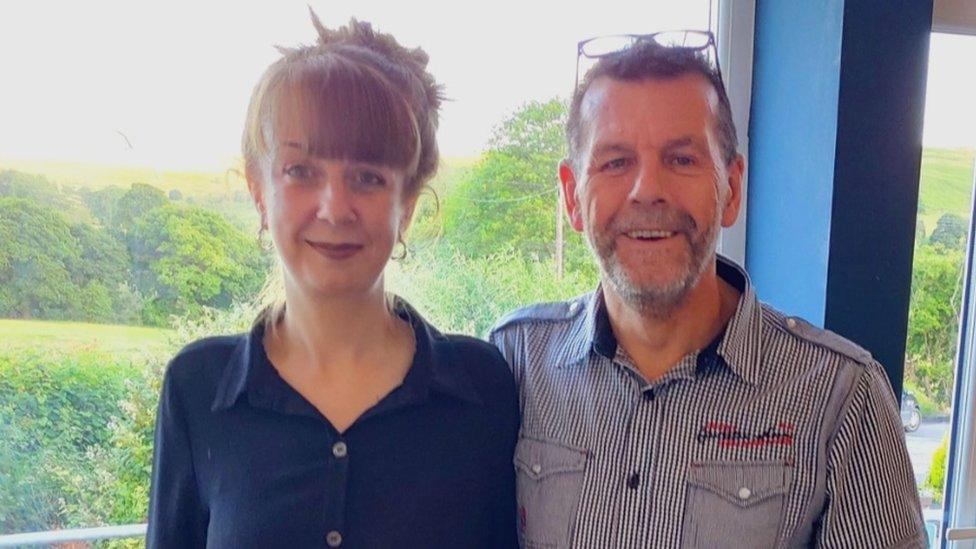
Kelly Egan has had two very different experiences of waiting for ambulances
A couple have offered to take sick people in their village to hospital if they face long waits for an ambulance.
Kelly Egan, 39, from Abercynon, Rhondda Cynon Taf, posted a message offering the help in a local social media group.
The Welsh NHS has faced "unprecedented demand" over the winter period coupled with industrial action across the health workforce.
The Welsh Ambulance Service said it was frustrated at not being able to get patients to hospital quickly.
Ambulance workers are due to go on strike again on 19 and 23 January.
Ms Egan, said her husband Brian Peacock would drive anyone if they needed to get to hospital, but accepted it was a risk and the first port of call should be calling for an ambulance.
"I was watching the news and I saw the ambulance crisis and it makes me feel extremely sad about the whole situation," she said.
"I don't have any medical experience. It was meant to be a nice gesture and all we can do is try to help a little bit.
Ms Egan has had her own differing experiences waiting for ambulances.
After an operation in 2017, she developed sepsis and at home and went into septic shock with an ambulance quickly arriving to get her to hospital.
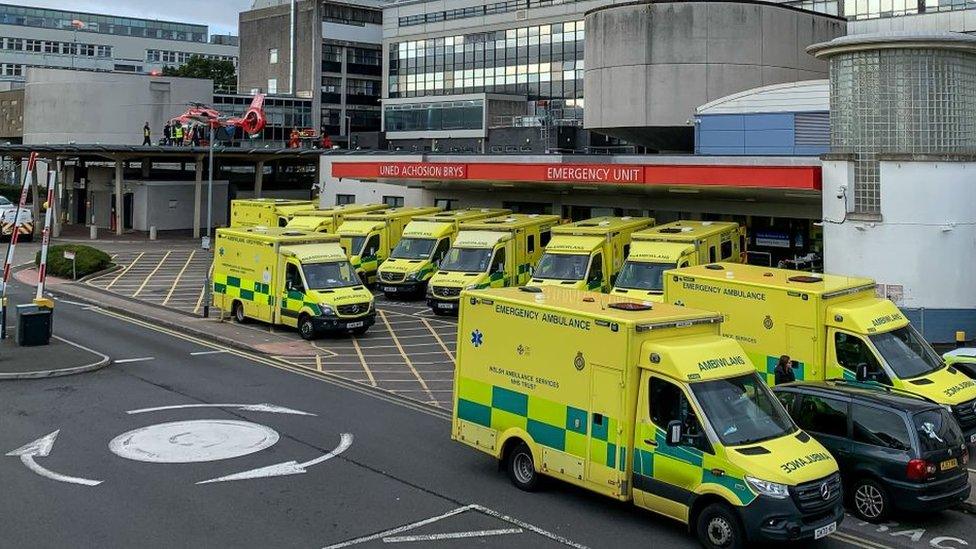
The union Unite has announced that ambulance workers in Wales will strike on 19 and 23 January
However, last October, when her 93-year-old grandmother's legs had turned black, they were told there would be a four to six-hour wait, which was escalated when she later developed chest pains and reduced the waiting time but only to one hour.
"If the ambulance hadn't arrived for me in 14 minutes I wouldn't be here to tell the story," she said.
"We can't change everything that's going on at the moment but all we can do is try to help a little bit.
"Hopefully nobody will need to ring."
Chief executive of the Welsh Ambulance Service, Jason Killens, said: "Our emergency ambulance service exists to deliver life-saving care and take patients promptly to hospital, so it's as frustrating for us as it is for patients when we cannot deliver that.
"During periods of very high demand, if we determine that it is clinically safe and appropriate to do so, we might ask some patients to make their own way to hospital.
'Vicious circle'
"We know this will be concerning for patients, families and carers but the reality is that it's sometimes a more timely option than waiting for an ambulance when we know that wait is likely to be considerable."
He added: "Poor ambulance response times are a symptom of the pressure across the entire health and care system.
"It is not now uncommon for in excess of 30% of our available crews to be tied up at hospitals waiting to hand over the care of patients, which means they are unable to get to patients in the community, resulting in very long waits for us to arrive.
"We have a vicious circle of patients being stuck in hospitals, meaning fewer beds for admissions, longer waits outside hospitals and fewer ambulances available in the community."

LOOKING FOR A NEW PODCAST?: The Emiliano Sala Story
INJUSTICE OF A HANGED MAN: The shocking execution of Mahmood Mattan

Related topics
- Published6 January 2023

- Published4 January 2023
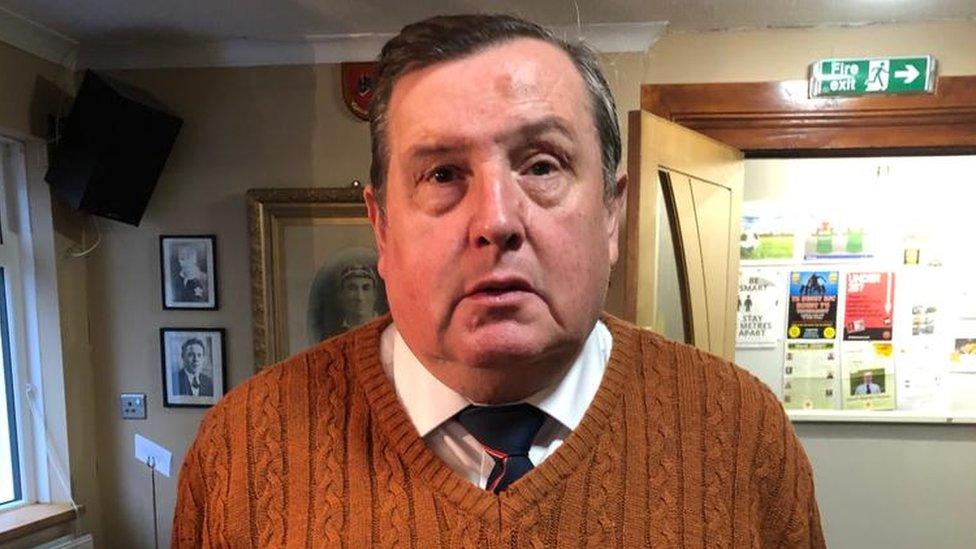
- Published4 January 2023
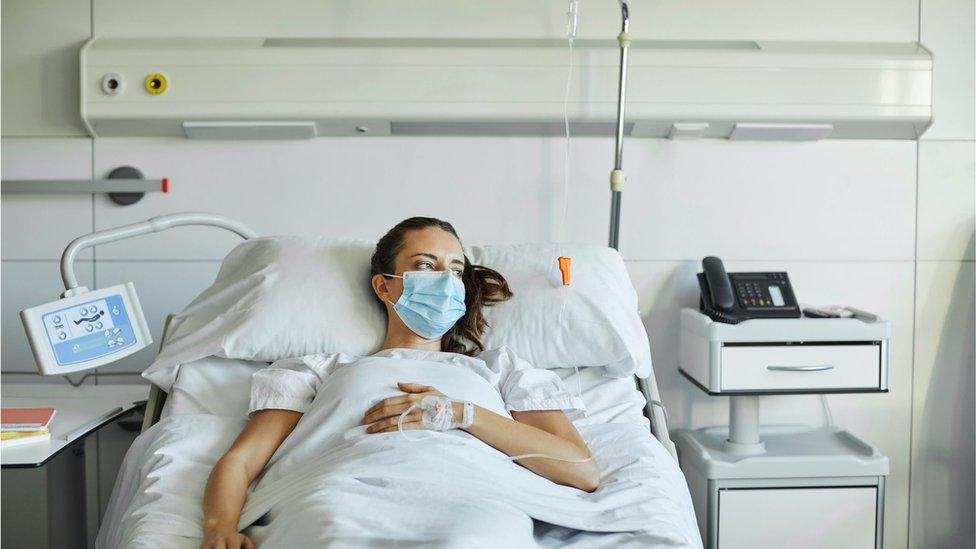
- Published3 January 2023
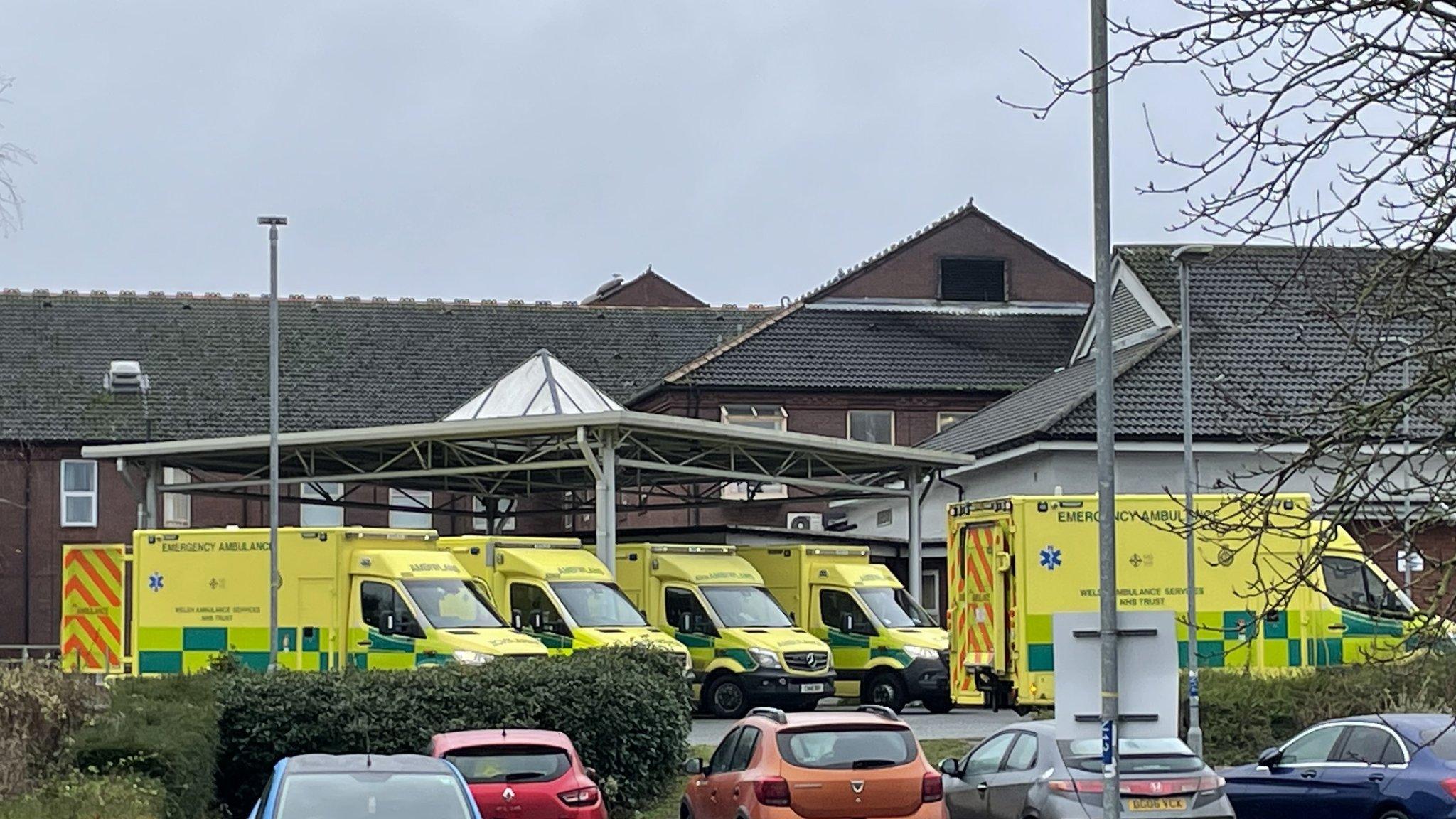
- Published31 December 2022
